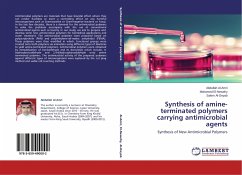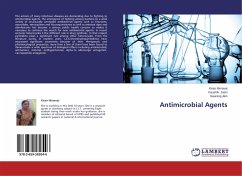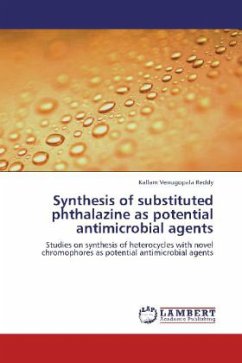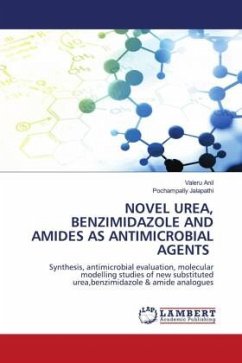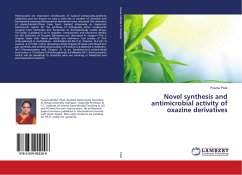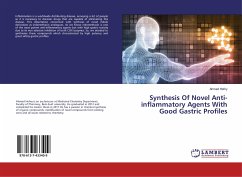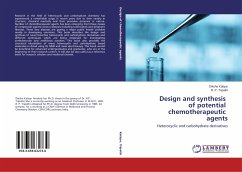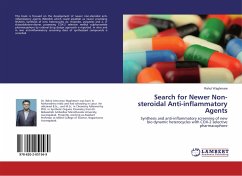Antimicrobial polymers are materials that have biocidal effect where they can render harmless or exert a controlling effect on any harmful microorganisms such as Gram-positive or Gram-negative bacteria or fungi. In the last few decades, there is a demand for the antimicrobial polymers to solve the problems accompany with the use of conventional antimicrobial agents such as toxicity. In our study, we aim to prepare and develop some new antimicrobial polymers for biomedical applications and water treatment. The antimicrobial polymers were prepared based on polyacrylonitrile (PAN) and poly(ethylene-alt-maleic anhydride) (PEMA). These polymers were then modified in which, functional groups were created onto both polymers via amination using different types of diamines to yield amine-terminated polymers. Antimicrobial polymers were obtained by immobilization of benzaldehyde and its derivatives which include, 4-hydroxybenzaldehyde and 2,4-dihydroxybenzaldehyde onto amine terminated polymers. The antimicrobial activity of the prepared polymers against different types of microorganisms were explored by the cut plug method and viable cell counting methods.
Bitte wählen Sie Ihr Anliegen aus.
Rechnungen
Retourenschein anfordern
Bestellstatus
Storno

